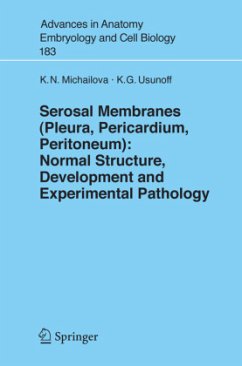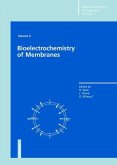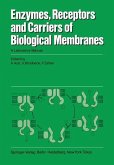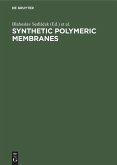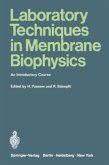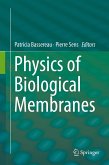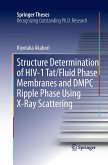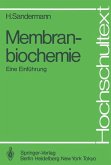in the human visceral pleura is the sole reliable criterion for the statement that it belongs to the 'thick type', while all observed animals have a 'thin' type VP. The mesothelium and underlying structures of the SM represent a highly permeable bidirectional membrane with signi?cant differences in the organ and region tra- port as a local phenomenon after horseradish peroxidase application. Stomata are constant features seen by SEM, but are occasional ?ndings observed by TEM over both sides of the diaphragm, lower intercostal spaces, anterior abdominal wall and greater omentum in untreated animals. Our data extend the location of stomata over the liver and broad ligament of the uterus. We strictly de?ned and nominated the main structures of the lymphatic regions as lymphatic units, stomata, and LL. Several different types of vascularization of omental and extraomental (medias- nal pleura and lesser pelvis) MS are observed after India ink application. Human and animal differencesin their location, mesothelial covering, the vessel (blood and lymphatic) supply, free and connective tissue cells and their arrangement are discussed. The mesothelium and the BL changes start early in the gestation and continue throughout the postnatal period. Both cell types (?at and cubic) are already evident through prenatal life.
Hinweis: Dieser Artikel kann nur an eine deutsche Lieferadresse ausgeliefert werden.
Hinweis: Dieser Artikel kann nur an eine deutsche Lieferadresse ausgeliefert werden.

